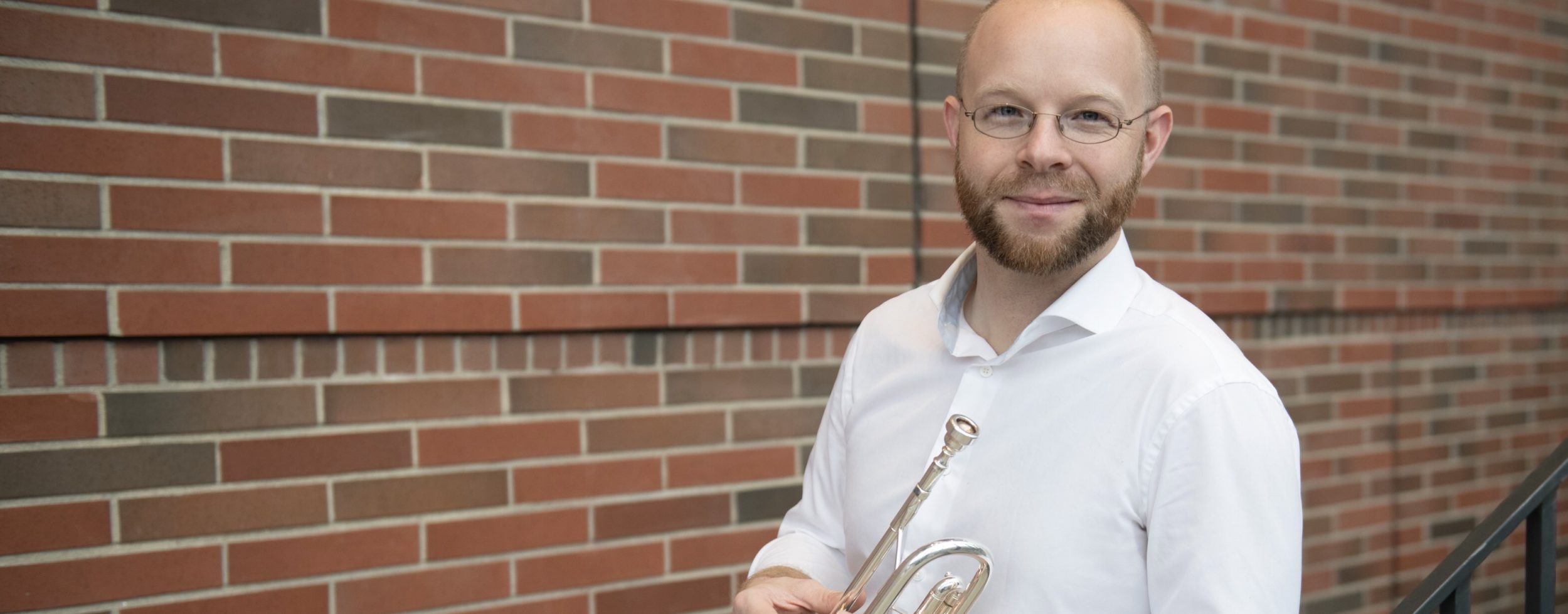I have seen an increasing number of musician Instagram accounts that espouse a “holistic” approach to musicianship. The party line is related to practices like yoga, meditation, and how work/life balance will benefit a career or are ingredients for some form of musical growth. Today, I would like to break this argument apart a bit and discuss what I believe are its merits and help readers avoid some possible dangers of this market segment.
First, I am a naturally skeptical person. Probably to a fault. I am always looking at the economy of a particular position, the measurability of results, the beta of a trend. Here is the chief problem with anything ‘holistic’: it is difficult to quantify or measure. Even when there is a correlation, proving causation is tricky at best. Does yoga have health benefits? No doubt. Does good health have musical benefits? No doubt. But what do we say about yoga and musicianship? That for some people, there could be a benefit. There is danger in the economy of this position, though. There are those that tell us that doing yoga *will* benefit our trumpeting, and they are happy to teach us for a small investment. Here I unfairly attack only yoga. Yoga is just a placeholder word for any tenuously relevant practice. So take the word “yoga” and change it out for anything associated with healthy living, balance, mindfulness, meditative, religious, or otherwise not immediately apparently relevant to our musical quest. I have no doubt that some legitimately find these things helpful, and some that are in these markets have undoubtedly benefitted disproportionately from one or more of these holistic topics. But when there is a reputation to uphold, a product to sell, a living to be made, practitioners can very quickly start buying their own subscriptions, framing their own press releases. And at its worst, there are charlatans— people who fabricate, exaggerate, or recontextualize their expertise or benefit of their practice. There is nothing new about snake oil except that people are always coming up with sneaky ways to package it. After all, “it is easy to fool people if they are already fooling themselves.” (Quinten Beck, from Spiderman: Far From Home) And just as often, it is not about teaching holistic balance, but teaching their specific holistic balance. Projecting, as it were. Important to remember that lifestyles seek to propagate, too, as we seek to find meaning in and to affirm our own paths.
I think a lot about mission. What is it we seek to accomplish? I think the answer to this can reveal a lot about both a student and a teacher of music. I would want students to know that we teachers benefit when people buy into our way, come take lessons with us, go to our schools, and propagate our ideas (myself included). We are always recruiting, and often our livelihoods depend on our ability to do so. No matter how well-intentioned, this process is very important to our careers, our promotion and tenure files, our professional profiles, bank accounts, and egos. We almost universally mean well, but the brain has difficulty discerning rationality when we are personally invested… and we are often *very* invested. Just like any market, in some cases our stock becomes inflated (sometimes artificially so), and in others it is undervalued. For teachers, I believe we have a responsibility to teach and encourage the idea of mission in our studios. How can we support our students’ missions? How do we deliver a concrete, often monetary return on their (very expensive) investment in line with that mission? How do we impart what we know about achieving our mission without supplanting theirs? If the answer to that is yoga, meditation, or work/life balance, I wholly support it. But often, the answer is memorizing the Clarke book cover to cover. When that’s done, learn all of the Longinottis, or all the Bousquets. The answer might be getting to work solving problems, one after another, learning and refining skills one after another. To quote Mark Watney, the fictitious survivor of a botched mission to Mars, “you solve one problem… and you solve the next one… and then the next. And if you solve enough problems, you get to come home.” Only in this quotation, replace “you get to come home” with “you get to eat,” or “you get to buy a house,” doing what you are trained and love to do, rather than settling out for something you love less. I actually find this mindset to be the most empowering. Fulfillment isn’t magic unicorn dust, it is one foot in front of the other, until the job is done.
I am not intentionally attacking anyone’s method, or arguing against anyone’s lifestyle, religion, or beliefs. I am arguing about their relevance to musical studies beyond what is simply a matter of individual preference. How we find our personal peace is less relevant than how we are executing a musical line when we are trying to make ends meet. It was put to me once to “major in the majors and minor in the minors.” This seems like an apt guiding principle for a teacher. A natural extension of “do no harm.” Balance is good, mindfulness is good, but only insofar as it advances the mission, or those of our students. The real meditation might be about evaluating and always re-evaluating what that is and what we are doing to achieve it.
